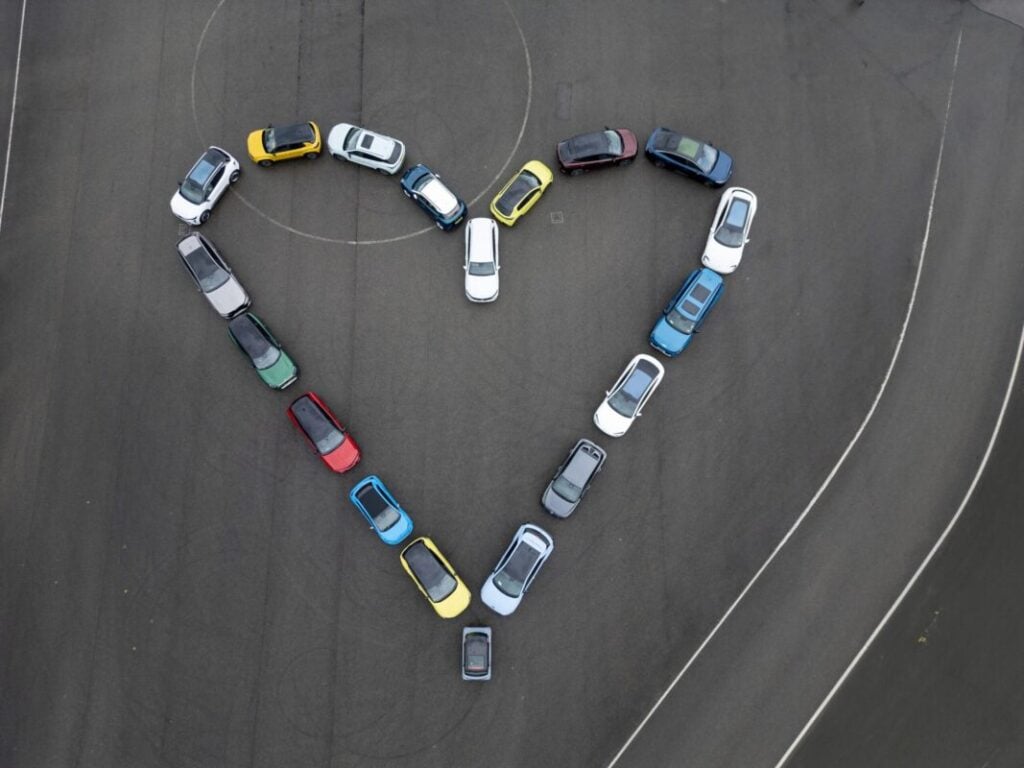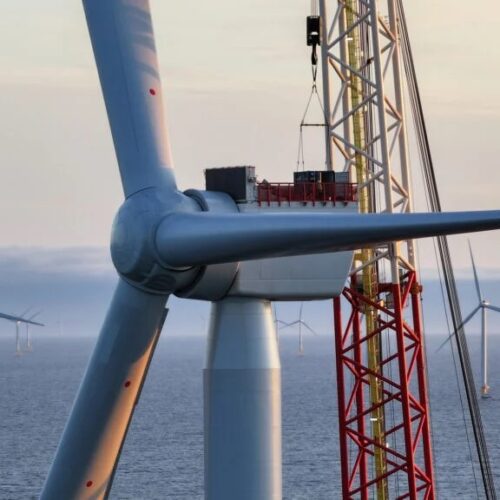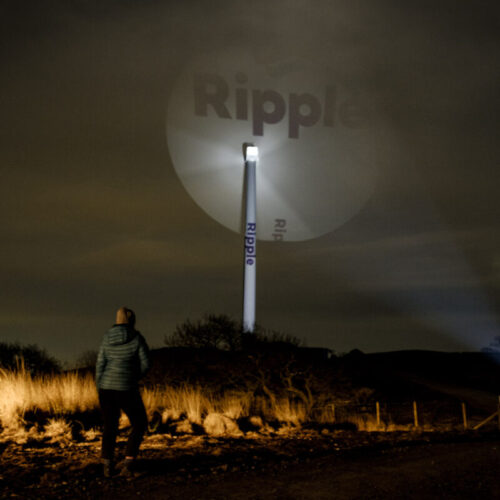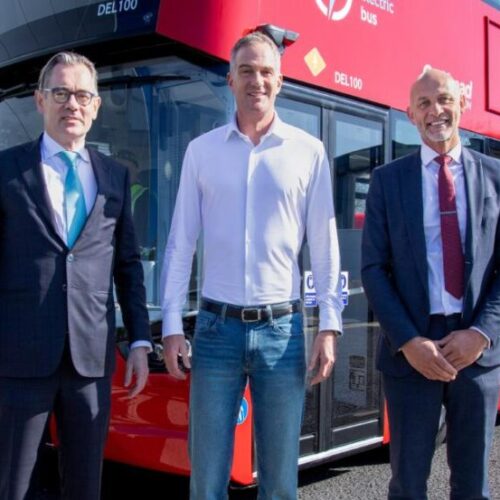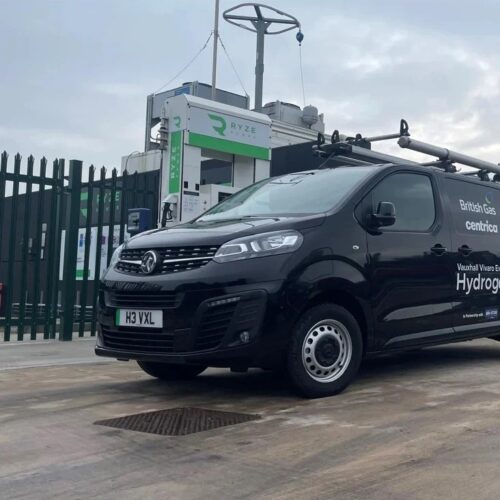Figures from New Automotive show March 2025 set an all-time record for battery electric car sales, at 68,255.
This beats the previous monthly record set in September 2024, and volumes are up 38% year to date compared to the same period last year.
Plug-in hybrid electric vehicles (PHEVs) and hybrid electric vehicles (HEVs) were also both up, rising over 30% on the year previous. Coinciding with this, petrol and diesel powered vehicles continued a ‘death spiral’, New Automotive said, with registrations dropping 21% and 16% respectively.
Total vehicle sales, across all fuel types, had the highest March figures since 2019, motivated in part by the change in vehicle excise duty (VED) introduced on 1 April.
New Automotive, a UK NGO, said its data signals a sustained rise in demand for EVs, and the monthly uptake record was not affected by the inclusion of EVs in the additional VED cost on new vehicles valued over £40,000.
The Society of Motor Manufacturers and Traders (SMMT), a trade association representing all vehicle types, not just electric, attributed some of the increase in vehicle registrations to March being ‘plate change month’.
The trade body also recorded the highest ever volume of BEVs, at 69,313 units, taking 19.4% market share in March.
ZEV mandate raises questions
New Automotive outs the market share for 2025 so far at 21%, putting the UK on track to meeting the target set by the zero emissions vehicle (ZEV) mandate. For 2025, the market share of EVs must be 28%.
However, as well as estimated a share closer to this figure than SMMT, New Automotive also accounts for the allowances written into the ZEV mandate, stating that the electric car market is well within reach of the ‘real’ ZEV target.
This is because rules are written into the mandate that allow vehicle manufacturers generate additional credits by exceeding CO2 emissions targets on their ICE vehicle sales. As such, New Automotive puts the necessary market share to meet targets at a real level of 22.74%.
Ben Nelmes, CEO of New Automotive, said: “The UK’s ZEV mandate is successfully driving up EV sales and enabling more drivers to go electric and benefit from cost savings and a better driving experience.”
Despite a more pessimistic outlook on the mandate, Mike Hawes, chief executive of SMMT, agreed, commenting: “With March being the best month ever for electric car registrations, there is reason for optimism.
“Manufacturers remain committed to the market decarbonisation the country and the environment demands, but we need sustained growth, not a short-term bubble driven by unsustainable manufacturer discounting and drivers rushing to beat a tax hike.”
SMMT recorded growth in all types of EV too, with HEVs up 27.7%, PHEVs 37.9% and BEVs 43.2%. It attributes this to significant discounting offered by manufacturers, something that the industry says is not sustainable.
Hawes added: “Without substantive government support for consumers, the current regulatory regime is undeliverable.”
Electric HGVs and vans also increase
New Automotive noted that 44 new eHGVs hit the roads in March 2025, a 158.8% increase on March 2024, but still under 1% of the overall HGV market.
While there is still a lot of progress to be made, new charging provision for HGVs, with a charging hub at the Port of Tilbury expected to be completed end of this year and Moto committing to build 300 charging bays for HGVs over 23 locations by 2030, are hopeful.
For electric vans, New Automotive said BEV van registrations saw a record number of registrations seeing the total BEV vans registered in 2025 more than double on the same period in 2024.
Impact of Trump tariffs
Encouragingly, New Automotive said that tariffs on trade with the US, which will be 10% for UK goods, will not likely impact the UK’s EV market, given limited imports and exports of the vehicle type between the two countries.
However, SMMT has expressed disappointment with the move by US president Donald Trump, stating that the announcement was “deeply disappointing”.
Hawes said: “Our cars were already set to attract a punitive 25% tariff overnight and other automotive products are now set to be impacted immediately.”
